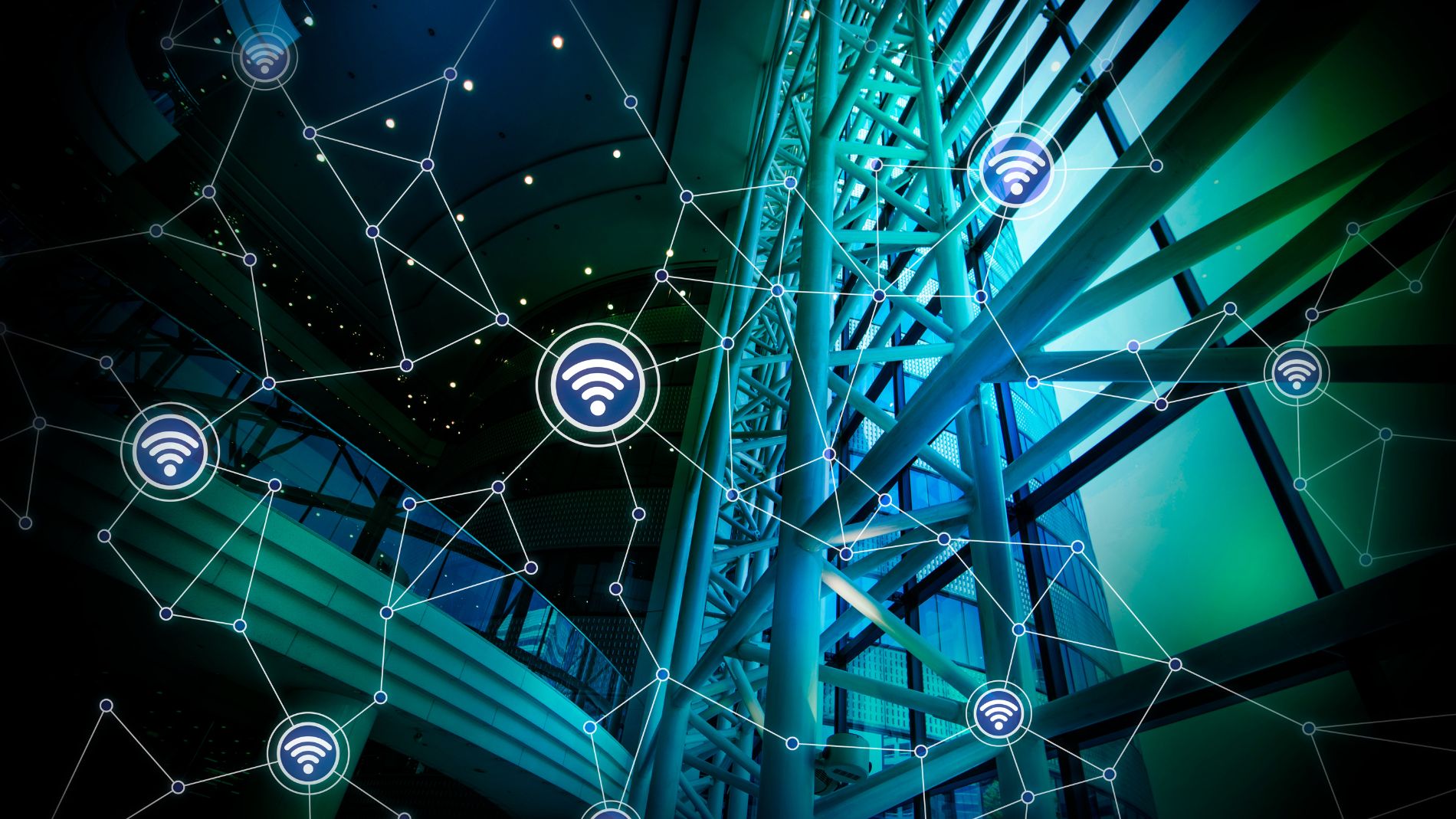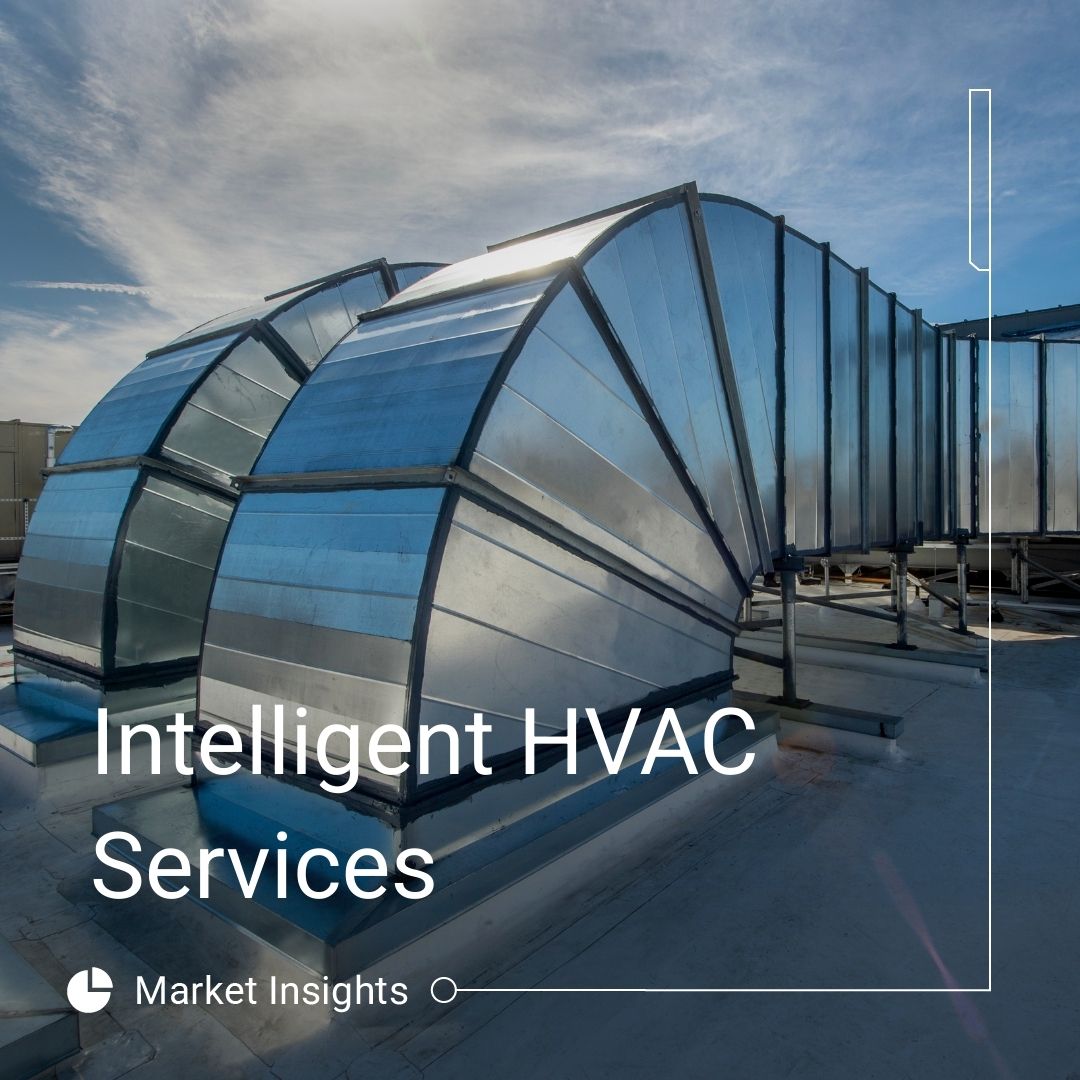The facility management sector is undergoing a significant transformation with the integration of digital solutions and AI technologies. These advancements streamline building operations, optimize resource use, and foster sustainability, contributing to a better ecological footprint and helping meet international climate goals.
Reading time: 3 minutes
The Role of Digitization and AI in Modern Facility Management

Facility management encompasses all activities ensuring the functionality, safety, and maintenance of buildings. Digital tools, increasingly powered by artificial intelligence (AI), now enable these processes to be managed more efficiently and sustainably. The implementation of such technologies helps conserve resources—materials, labor, and costs—and can improve a building's overall environmental impact. This proactive approach aligns with global climate objectives and supports sustainability initiatives outlined in agreements such as the Paris Climate Accord.
- Digital Twin Technology: One of the major breakthroughs is the use of digital twins—virtual models of a building's physical structure and systems. These comprehensive representations allow for real-time monitoring and data analysis. IoT devices collect data and synchronize it within the digital twin, providing a transparent view of building operations.
- AI and Machine Learning Analytics: AI algorithms can interpret large datasets, understand patterns, and offer actionable insights. This includes identifying potential failures, predicting maintenance needs, and suggesting energy-saving measures. AI can also automate adjustments within the building, enhancing comfort and efficiency.
Benefits of Smart Tools for Facility Managers

Facility managers gain multiple advantages from these digital and AI-driven tools. They enable predictive maintenance, optimizing operations by flagging potential issues before they escalate. This proactive approach minimizes downtime and extends the lifespan of equipment. Additionally, by analyzing consumption data, AI can identify areas for improvement, recommending energy-efficient practices that reduce operational costs.
Beyond operational efficiency, smart technologies enhance building security. Advanced video surveillance and access control systems not only manage entry permissions but also integrate with fire safety and water damage prevention systems. AI-driven analytics can adjust space usage based on real-time data, optimizing workspaces for maximum utilization and adapting them to user preferences, such as lighting and climate settings.
Remote Management Capabilities
Digital tools allow facility management tasks to be performed remotely, which adds a layer of flexibility and control. This enables managers to oversee multiple properties simultaneously and respond to real-time alerts from any location. The shift toward remote operation paves the way for increased efficiency and adaptability in managing building portfolios.
The Future of Autonomous Facility Operations
The evolution of facility management points towards even greater automation and independence in building operations. By integrating AI-driven systems with building automation, structures can self-regulate and respond autonomously to environmental and operational changes. This could lead to heightened sustainability, enhanced safety, and improved user comfort, ensuring that future-ready buildings meet both economic and environmental goals.
FAQ
What technologies are most effective in optimizing building operations in facility management?
Modern facility management leverages digital twins, AI analytics, and IoT connectivity to enhance building transparency and efficiency. These tools provide real-time data insights, enabling managers to identify areas for improvement and address maintenance needs proactively.
How does sustainability factor into modern facility management?
Sustainability is integral to facility management, focusing on minimizing energy and water consumption, reducing waste, and promoting resource efficiency. Proactive maintenance using digital tools prevents significant repairs, contributing to cost savings and a lower environmental footprint.
How can facility management help reduce operational costs?
Operational costs can be reduced by implementing energy-saving measures, utilizing AI for predictive maintenance, and optimizing resource use. Efficient management extends the life of building systems, reduces downtime, and minimizes the need for costly repairs or replacements.





